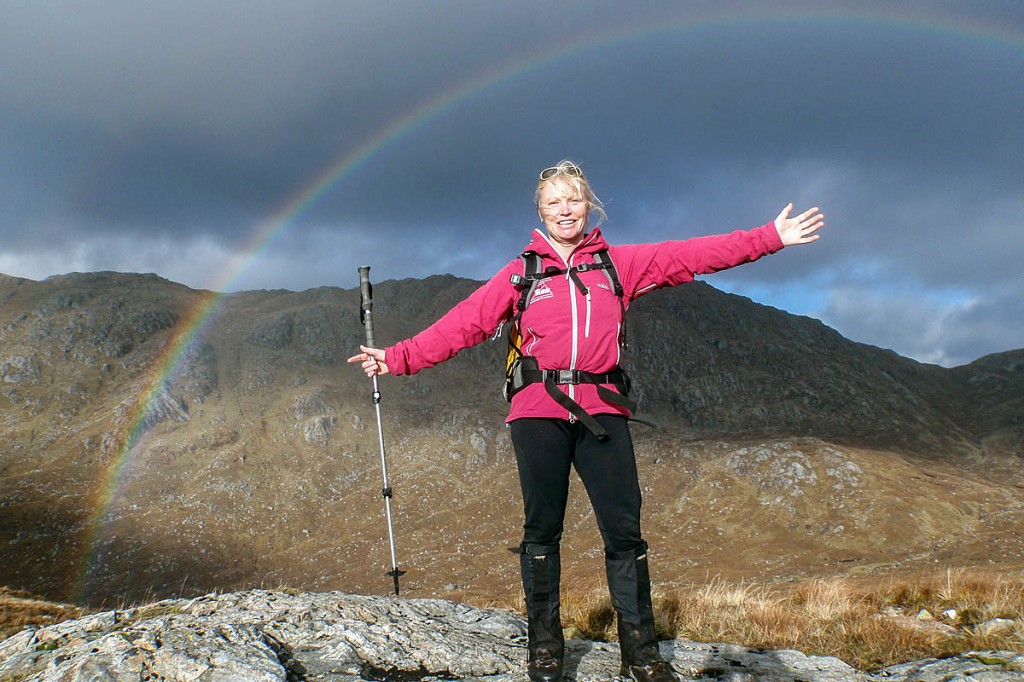Mountain experts are warning Scottish hillgoers not to get carried away – on a stretcher.
Walkers and other outdoor enthusiasts taking to the uplands for the first time after winter can still be caught out by the weather and conditions.
Mountaineering Scotland and Scottish Mountain Rescue have joined forces to alert hillgoers full of the joys of spring to the hazards that hang around even after warmth returns to the hills.
The two organisations said: “With the Easter break already here for some, and just around the corner for others, many more people are looking forward to spending time in the mountains.
“Conditions are generally good, with a milder than normal winter meaning many paths are already clear of the winter’s snow.
“Icy snow, sudden changes in weather, and general fitness can all spell trouble.”
Heather Morning, mountain safety adviser with Mountaineering Scotland, said: “What snow is still about in the mountains can vary from being quite sugary and easy to kick steps in, to being hard and icy and an absolute death trap if you don’t have crampons and an ice axe.
“And the same patch of snow can change in consistency as conditions change through the day; a patch can be hard and icy in the morning but softer in the afternoon.”
“The weather can catch you out at this time of year too. A day that tempts people down to shorts and a tee-shirt can very easily change to blizzard conditions. Substantial falls of snow can happen right up until May.”
The experts said useful information on conditions in the mountains can be gained from the Scottish Avalanche Information Service blogs. The avalanche forecasts have ended for this winter, but the service will continue to monitor weather and snow conditions leading up to and during the Easter holidays. Mountain information will continue to be provided on the SAIS blogs for this period.
Kev Mitchell, chair of Scottish Mountain Rescue, said: “A lot of people will have had a break over the winter and have been eager to get back into the mountains, and they should think about taking it easy for the first couple of trips, to get back into the swing of things and get fitness levels back up.
“It’s great to see so many people so keen to get out into the mountains and enjoy themselves – we’re just the same – but if you’re a beginner or have been away from it for a couple of months, a little caution always pays dividends.”
If an accident does happen and help is needed, the emergency number to call for help is the same as anywhere – 999 – and the caller should ask for police, then mountain rescue.
More information on what to do in an emergency can be found on the Mountaineering Scotland website.
